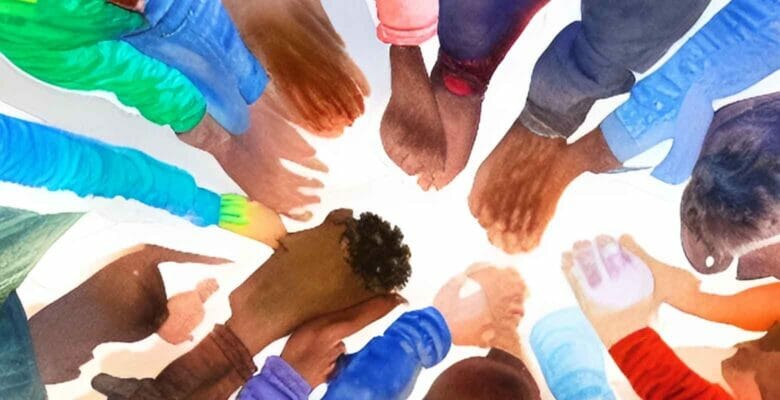The numerous divisions that exist in our society have been fostered over decades by those in power. To build wealth in the solidarity economy (a community wealth-building system that puts people over profits), we must first work to heal these divisions.
One way to do this is by promoting racial and ethnic diversity within the solidarity economy. This includes but is not limited to people of color, women, LGBTQIA+ individuals, immigrants, and indigenous people. By making the solidarity economy more diverse, we make it more powerful. We also make it more reflective of the communities in which it exists.
However, it is worth noting that when attempting to build wealth in a community, there are many instances in which a homogenous group of individuals has successfully done so. This is often the result of necessity, as in the case of many African American communities that were purposely isolated from the mainstream economy by racist housing and lending practices, or immigrant communities that were geographically isolated from it.
The key is to ensure that the opportunity to build wealth in the solidarity economy is open to all, regardless of race, ethnicity, or any other dividing factor. In all cases, it is important to consider the unique needs of each community.
“The enemy of my enemy is my friend” is a well-known adage that implies that it’s sometimes necessary to work with someone you don’t necessarily like or agree with to achieve a common goal. The military has long been one of the most effective examples of this principle in action. In the business world, it’s known as “co-opetition.”
In the community wealth-building movement, it’s called the “solidarity economy.” This means that we must be willing to work with those who have different backgrounds or beliefs than we do. This is not to say that we should abandon our principles or values, but rather that we should be willing to engage in difficult conversations with those who may not share our worldview. Only by doing so can we hope to find common ground and build wealth together.
To build wealth in the solidarity economy, we must first understand that we are not alone. Many people and organizations are working towards the same goal. We must find allies in the fight against economic inequality, and we must work together to create change. One way to do this is by forming partnerships with organizations that have complementary goals. For example, a community development organization may partner with a cooperative business to provide training and technical assistance. By working together, we can create a more just and equitable society.
